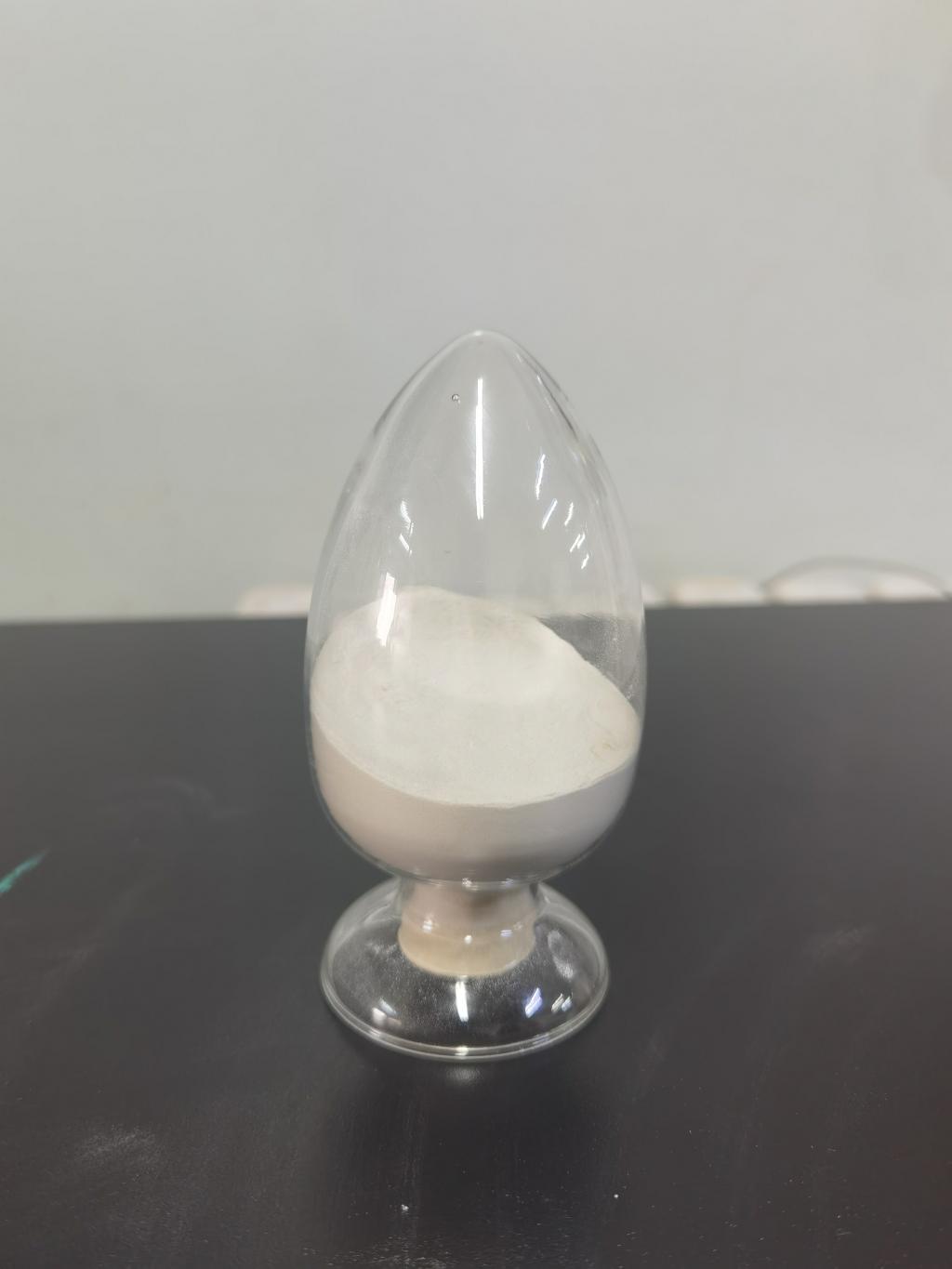Tel:+8618231198596

News
 CONTACT
CONTACT
 CONTACT
CONTACT
- Linkman:Linda Yao
- Tel: +8618231198596
- Email:linda.yao@dcpharma.cn
- Linkman:CHARLES.WANG
- Department:Overseas
- Tel: 0086 0311-85537378 0086 0311-85539701
News
Current Position:
Home >
News
>Nisin's Applications in Space Colonization: Ensuring Safe and Nutritious Space Meals
Nisin's Applications in Space Colonization: Ensuring Safe and Nutritious Space Meals
TIME:2024-02-28
Challenges of Food Preservation in Space:
Space colonization presents a host of challenges, and one critical aspect is the preservation of food for extended durations. Microgravity, radiation, and limited storage space pose unique challenges to traditional food preservation methods, necessitating innovative solutions to ensure the availability of safe and nutritious meals for astronauts.
Nisin's Antimicrobial Properties:
Nisin, a naturally occurring antimicrobial peptide, is renowned for its ability to inhibit the growth of a broad spectrum of bacteria, including pathogenic and spoilage microorganisms. This property makes Nisin a promising candidate for addressing the microbial challenges associated with long-duration space missions, where traditional preservatives may prove less effective.
Extending Shelf Life in Space:
The extended shelf life of space food is crucial to meeting the nutritional needs of astronauts over the course of their missions. Incorporating Nisin into space food packaging can help prevent bacterial contamination, maintaining the quality and safety of the food. This is particularly important given the limited opportunities for resupply during long space journeys.
Nisin-Infused Packaging Materials:
Nisin can be integrated into packaging materials to create an active barrier against microbial contamination. These antimicrobial packaging solutions release Nisin in response to specific conditions, ensuring a continuous protective environment around the food. Such innovation not only enhances the safety of space meals but also reduces the reliance on synthetic preservatives.
Nutrient Retention and Quality:
Beyond its antimicrobial properties, Nisin can contribute to preserving the nutritional content and overall quality of space food. As traditional preservatives may alter the taste and nutritional profile of food, Nisin's natural origin makes it an appealing option to maintain the integrity of meals, ensuring that astronauts receive the necessary nutrients in an appetizing form.
Bioregenerative Life Support Systems:
In the context of space colonization, bioregenerative life support systems are gaining attention. These systems aim to create a closed-loop environment where waste products are recycled to sustain life. Nisin, with its potential applications in waste treatment and microbial control, aligns with the principles of bioregenerative life support, contributing to a more sustainable approach to space exploration.
Psychological Aspects of Space Meals:
The mental well-being of astronauts is a crucial consideration for long space missions. The taste, aroma, and overall sensory experience of food play a significant role in maintaining morale and mental health. Nisin's ability to preserve the quality of space meals without compromising taste or nutritional value contributes to the psychological aspects of space exploration.
Collaborative Efforts and Research:
To fully harness the potential of Nisin in space food technology, collaborative efforts between space agencies, food scientists, and bioengineers are essential. Ongoing research should focus on optimizing Nisin's application in various food products, understanding its interactions in microgravity, and developing space-specific packaging technologies.
Regulatory Considerations and Ethical Concerns:
As space colonization advances, regulatory frameworks for space food safety must be established. Ethical considerations regarding the use of antimicrobial agents in space food should be carefully addressed to ensure the well-being of astronauts and the sustainability of space exploration.
Future Prospects and Conclusion:
The application of Nisin in space food technology represents a promising frontier in ensuring the safety and nutritional quality of meals for astronauts. As humanity ventures further into space, the integration of Nisin into space food packaging and processing holds the potential to revolutionize the way we approach food preservation in the challenging environment beyond Earth. By prioritizing collaborative research, regulatory guidelines, and ethical considerations, we can pave the way for a future where space meals are not only safe and nutritious but also contribute to the overall success of space colonization endeavors.
- Tel:+8618231198596
- Whatsapp:18231198596
- Chat With Skype







